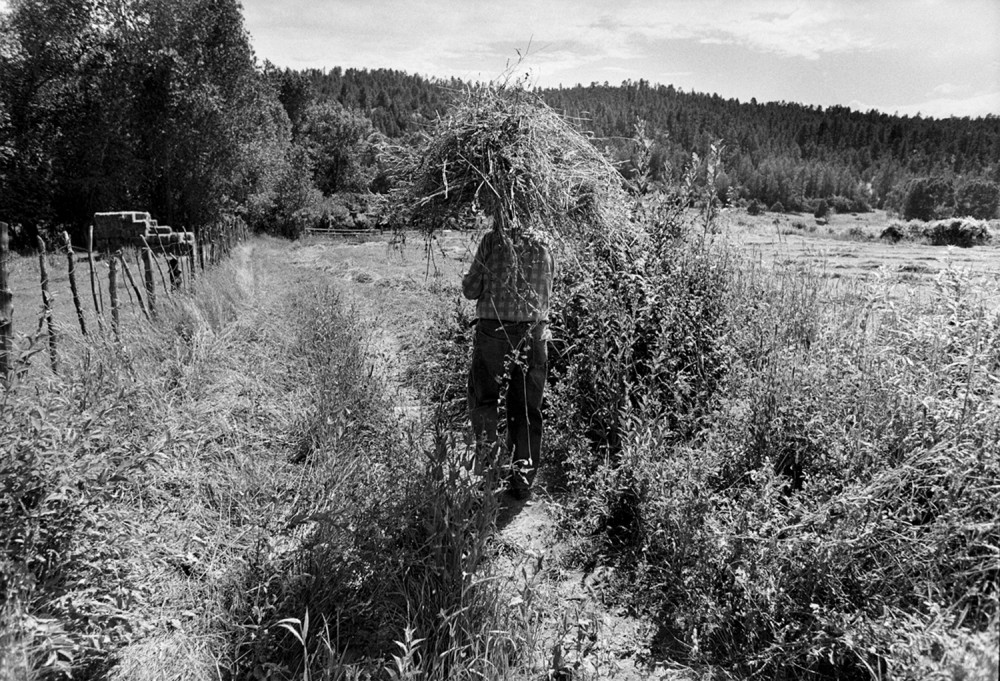
If Jacobo looked across his fields and saw raggedness and incompleteness, the sight was jarring, even offensive. It was proof that the parts of his farm did not mesh, that the whole was not intact. The prospect that hay might lie wasted after harvest was an aesthetic as much as an economic affront, which required correction, even if the result of his efforts—in equivalent cash, net, after labor—were negative. The old man, to the limit of his strength, was driven to make things look right. And he expected his neighbors to judge him, as he judged himself, by the look of his land.






























